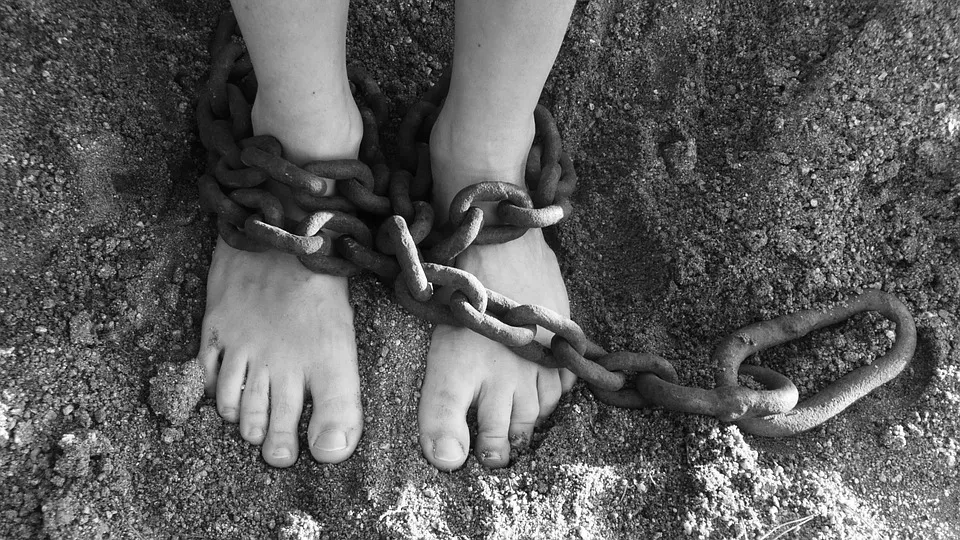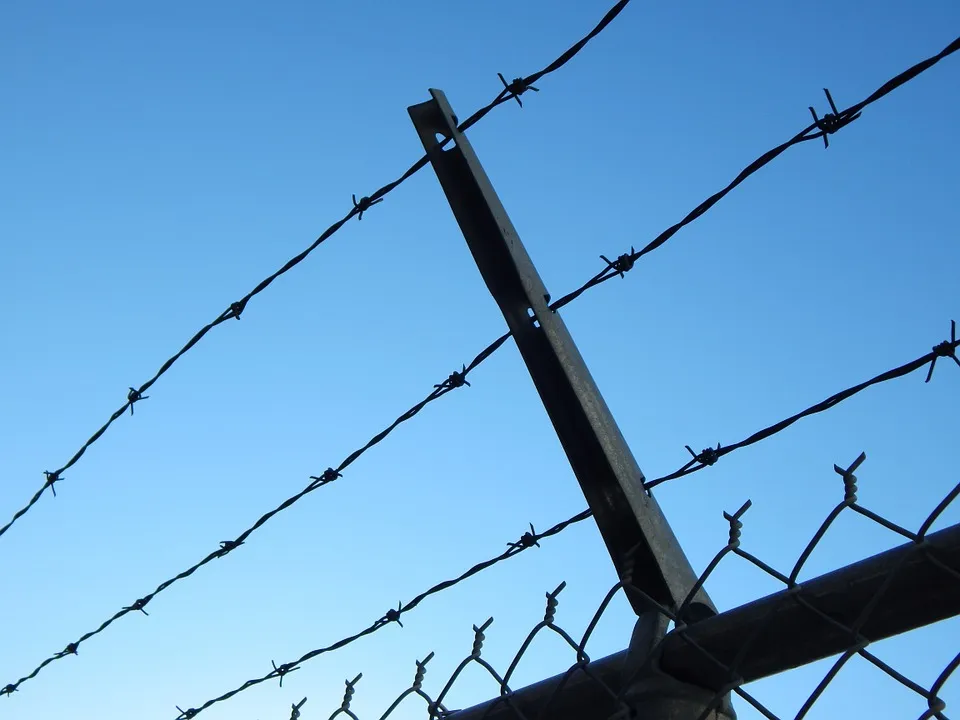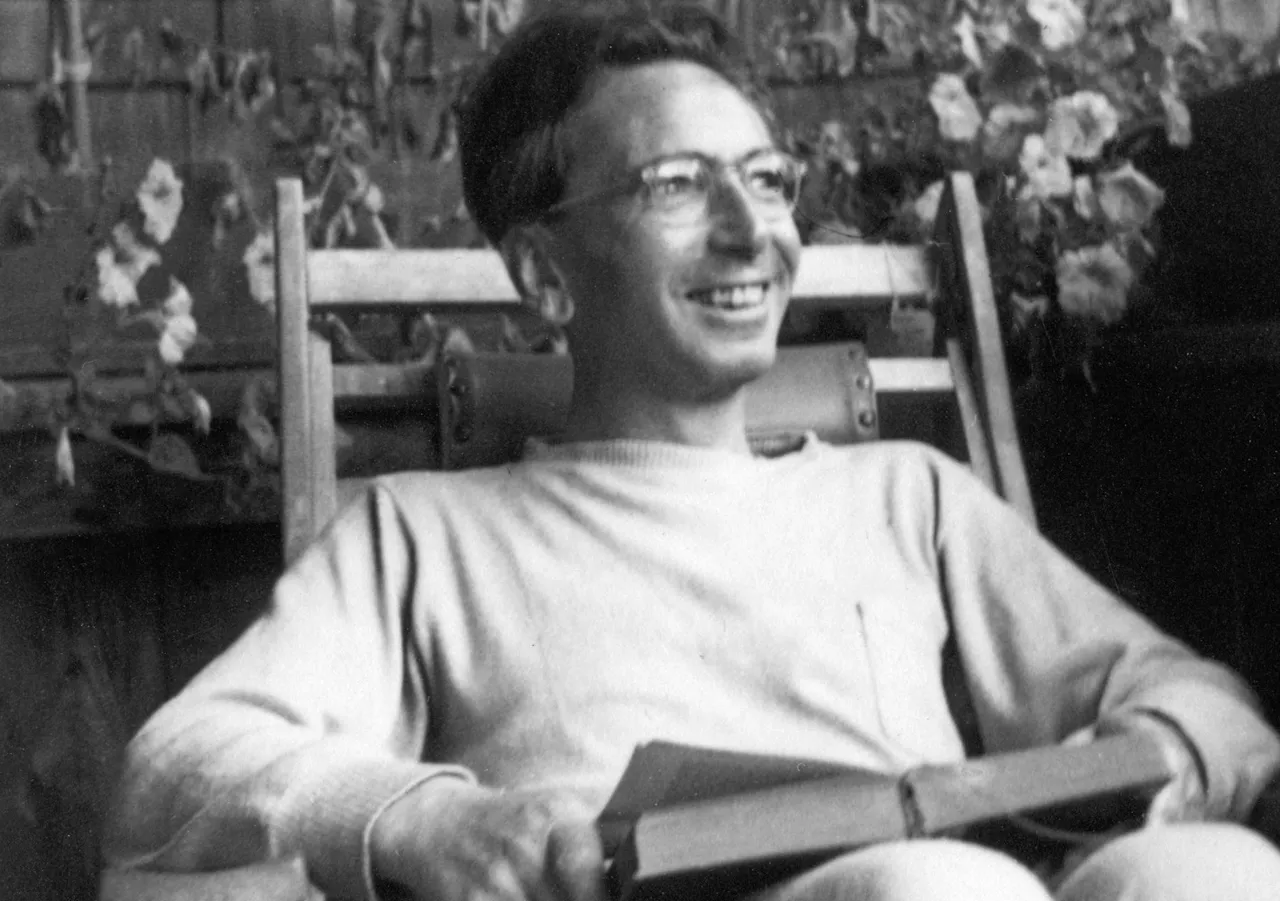How many people in your life define themselves according to how much they have been victimized?

I'll bet the answer is: quite a few.
It's easy to blame our misfortunes on our luck, circumstances, or genetics. If our life is the product of things outside ourselves, it allows us to avoid taking responsibility for our actions.
"I'm a shitty person because my dad was a shitty person who messed me up. I'm an asshole because I'm a victim of my life."
You know this person, you've probably had many unfortunate interactions with them. Inevitably, they do something that is morally reprehensible and justify it because of their predicament or they shift the blame to you because they'd rather not face their role in the matter.
Victimhood is a form of self-defense and gives a false sense of entitlement.

First, let me be clear. I don't want to say these things without also acknowledging that there are injustices that have happened every moment of every day in human history. Predators and oppressors exist in the world, and horrible things happen to individuals all the time.
We don't have the choice to decide what happens to us in life. However, we do have the power to decide how we respond to the things that happen to us.
If we experience something awful, we get to choose to see ourselves as victims of a terrible injustice or we can decide to define ourselves by our resiliency and use the experience as something to build our character and our resolve.
Victor Frankl in his seminal book "Man's Search for Meaning" discusses these ideas in depth. Frankl was a prisoner in a concentration camp during World War 2. He saw his closest friends and family members die in unspeakable ways. I don't need to remind everyone of how horrific those conditions were.
If anyone could be justified in defining themselves as a victim, it was Frankl.
But instead, Frankl used this unimaginable level of suffering to attain a deeper understanding of the human condition. It eventually led to him founding Logotherapy, which is based on an existential analysis of the human condition. The basic principles of logotherapy are:
- Life has meaning under all circumstances, even the most miserable ones.
- Our main motivation for living is our will to find meaning in life.
- We have freedom to find meaning in what we do, and what we experience, or at least in the stance we take when faced with a situation of unchangeable suffering.
The second principle strikes a chord in regards to the topic at hand. Our main motivation in life is to find the meaning of our life.
Victimhood gives us meaning. It tells us who we are and why we are that way. It conveniently allows us to forgo working on ourselves. A person's ability to respond to their life (responsibility) is squashed by a victim mentality.
Regardless of what has happened in our lives, we are our worst oppressor.

Worse than the suffering itself is often the meaning we attach to it.
That's the stuff that stays with us long after the person that hurt us is out of our life. We become the prisoner and the prison guard, holding our higher self captive for as long as we're willing to believe it.
Over time, people become attached to their victimhood. This is why you see plenty of people who are incapable of improving their life situation because there's a part of themselves that receives pleasure from the 'woe is me' attitude.
But this pleasure is fleeting, and no amount of self-masochistic behavior is going to override the fact that victim-mindedness is toxic to the soul.
We are the ones who get to decide what our life means. Choose a definition that empowers yourself to reach your highest potential. When you do, you'll realize that being a victim isn't all it's cracked up to be.
All uncredited photos from pixabay.com
